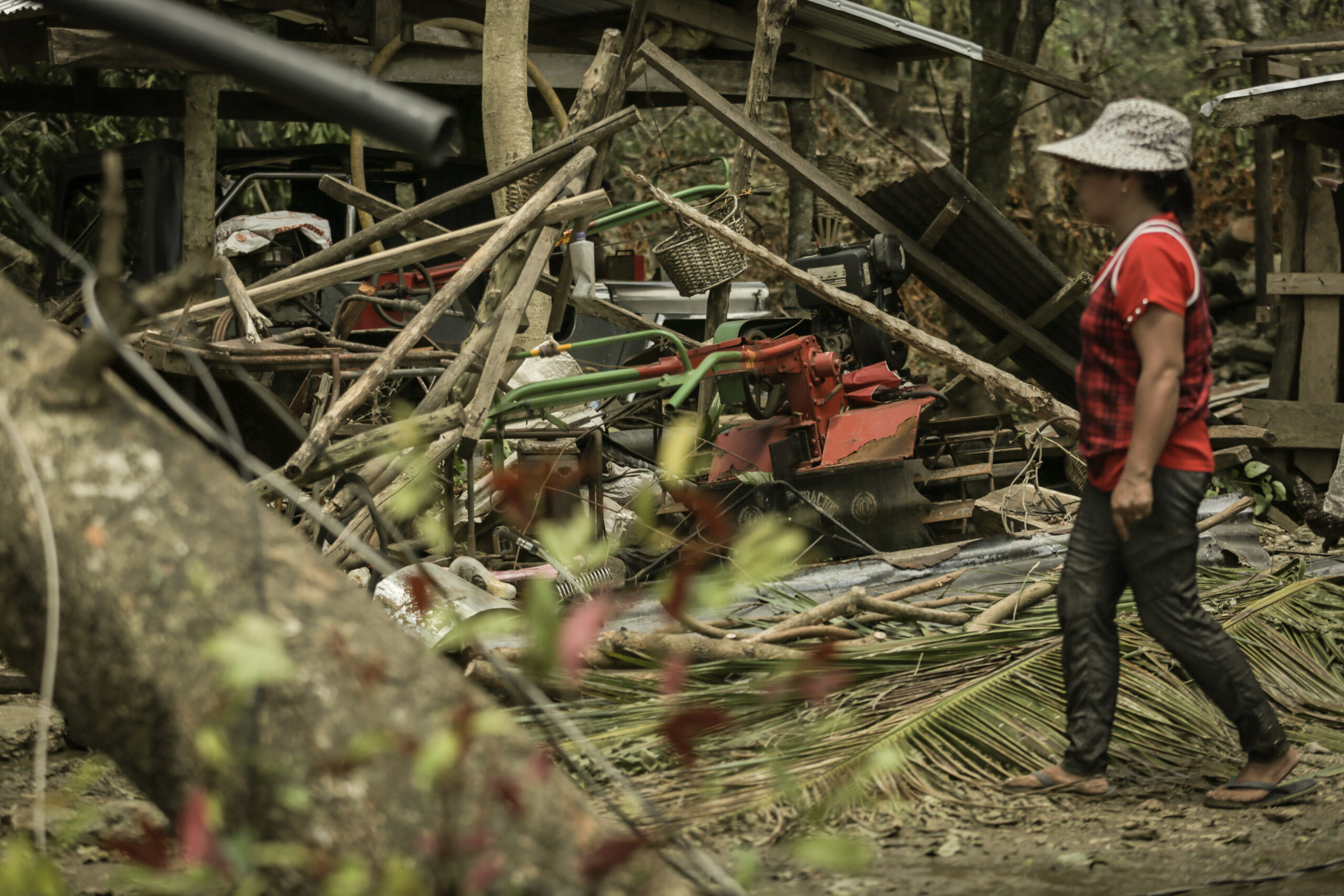Factors Influencing Accessibility and Actionability of Risk Reduction Measures in Last Mile Communities: Insights from the Northern Philippines

Author: Rhomir Yanquiling, University of Melbourne
This research explores the factors influencing the accessibility and actionability of early warning systems (EWS) and risk reduction measures in last-mile communities in Northern Philippines. The study focuses on two vulnerable communities, Mapita and Cabalitian, that were affected by Super Typhoon Mangkhut. Utilizing a mixed-methods approach, including surveys, interviews, sentiment analysis, and regression analysis, the study identifies key factors that influence how these communities receive and act upon early warning information.
Results reveal that while both communities have access to EWS through traditional and digital media, their geographical remoteness and inadequate infrastructure, especially concerning power and internet connectivity, significantly limit their ability to access timely information. Indigenous knowledge also plays a role, particularly in Mapita, where traditional methods are still used to predict storms.
The research applies the Protection Motivation Theory (PMT) to evaluate threat appraisal and coping mechanisms. Key predictors of risk reduction behavior include perceived vulnerability, severity, response efficacy, and self-efficacy. Social factors such as prior experience with typhoons, the strength of social networks, and trust in local authorities also play a crucial role in determining the communities' preparedness actions.
Read the full paper to learn more.
This research was funded by the Global Disaster Preparedness Center through its small research grants program on inclusive and accessible Early Warning Early Action.
